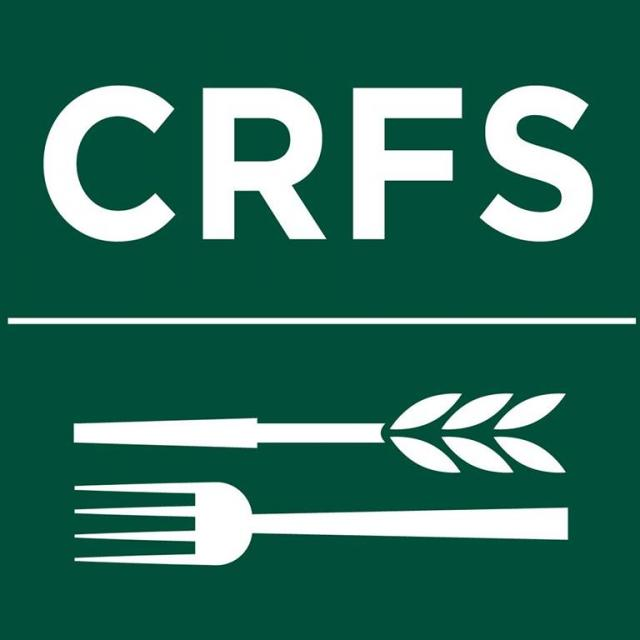Michigan State University Center for Regional Food Systems
Engaging the people of Michigan, the United States and the world in developing regionally integrated, sustainable food systems.
- Type:
- Sustainable Agriculture
- Categories:
- Research, Policy, and Extension/Outreach Programs
- Keywords:
- General info
-
HOW we work
We join in MSU’s pioneering legacy of applied research, education, and outreach. We do this by catalyzing collaboration and fostering innovation among the diverse range of people, processes, and places involved in regional food systems. Working in local, state, national, and global spheres, our projects span from farm to fork, including production, processing, distribution, policy, access and more.
WHO we are
We value leveraging broad perspectives and disciplines to realize our vision, so there are two ways for MSU faculty and staff to engage in our work: as staff or as an affiliate. Nearly 70 MSU faculty and staff from 17 units, including eight colleges, AgBioResearch, and three MSUExtension institutes are formally affiliated with the center. Our 20 staff members are based in either the Department of Community Sustainability or the Department of Horticulture – the latter largely through MSU Student Organic Farm.
WHAT we do
We believe in collective impact: the idea that complex social problems are best solved when organizations in diverse sectors actively commit to a common agenda. To this end, we function as a collective impact “backbone organization,” convening partners across the state to promote food that is healthy, green, fair and affordable.
Our goals include:
- Partner across Michigan to advance the goals of the Michigan Good Food Charter.
- Educate new generations to lead regional food systems research and practice.
- Cultivate and support communities of practice around emerging regional food systems issues and opportunities.
- Increase the visibility of and access to MSU resources that support regional good food systems.
- Expand the resource base for regional food systems applied research, education and outreach.
- Develop farmers and farms for regional food systems.
- Expand and coordinate engagement of MSU faculty and staff in interdisciplinary regional food systems applied research, education, and outreach.


Michigan State University Center for Regional Food Systems
Engaging the people of Michigan, the United States and the world in developing regionally integrated, sustainable food systems.